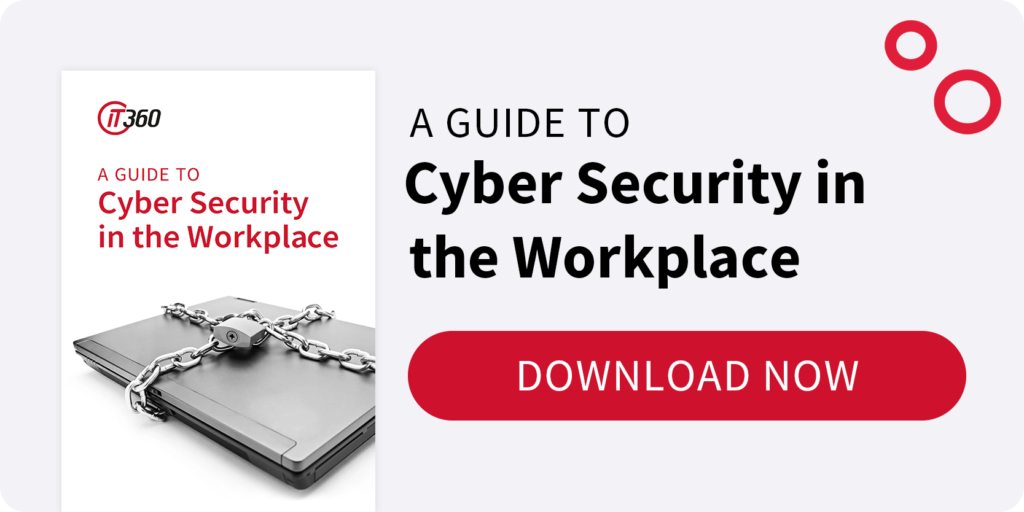You don’t need to work for a spy agency to be a whistle‐blower. In this age of IT anyone can take it upon themselves to be an Edward Snowden and share sensitive work material with the rest of the world.
Once published, it can never be undone.
So what can you do to protect your business’ online reputation?
Mobile Device Management (MDM) can help employees stay productive and connected without breaching work policies. An MDM server or software can secure emails, work documents on smartphones, and make sure only people who need to access certain files can do so.
All MDM products are built with containment in mind. Work documents, files, and emails are encrypted and processed inside a ‘container’ within your employees phone that keeps it separate from their personal files. Employees can then access what they need when they need to, but are prevented from downloading and sharing documents to others outside the company. Your work data will be secure at all times.
A firewall is a network security system that monitors incoming and outgoing traffic, creating a barrier between trusted company intranet, and outside networks like the internet. In some cases, this might prevent a work computer from connecting to the internet at all, or just some selected sites to stop employees browsing social media or TradeMe on company time.
Read more: How employee use of mobile technology puts your network security at risk
Firewalls are two‐way barriers, so if they pick up on a suspicious attachment sent to you or detect an incoming virus, they can stop it from reaching your inbox or spreading to other computers on your network. Firewalls can also detect if someone is trying to access files they shouldn’t, if they are trying to copy them onto a USB drive or send them via email and stop them.
A proxy server is another kind of firewall that acts as a gateway from one network to another. They are very good at stopping outside hackers from accessing your internal network and stealing your work files.
By preventing people within your company either intentionally or unintentionally leaking data you protect your company from two‐fold reputational damage. The first is the damage those documents cause: The loss of IP, or sensitive information that gives you an edge in a competitive industry is shared with everyone. The second is losing your client’s trust and their accounts.
Would you give your business to a company if you didn’t trust them to keep your private data secure?
Unlikely.
Your business will lose face and lose clients, and even if you add every possible security measure under the sun you may never regain the trust and reputation you held before the breach.
MDM, firewalls, and proxy servers aren’t essential to business. Your computers and devices will work just fine without them, and you may never think of them… until after you need them. Reputations are built over a lifetime and lost in a moment, so think about how you can protect your business before it’s too late.
Keen to understand more about Cyber Security in the Workplace? Download our latest eBook – it’s FREE.



